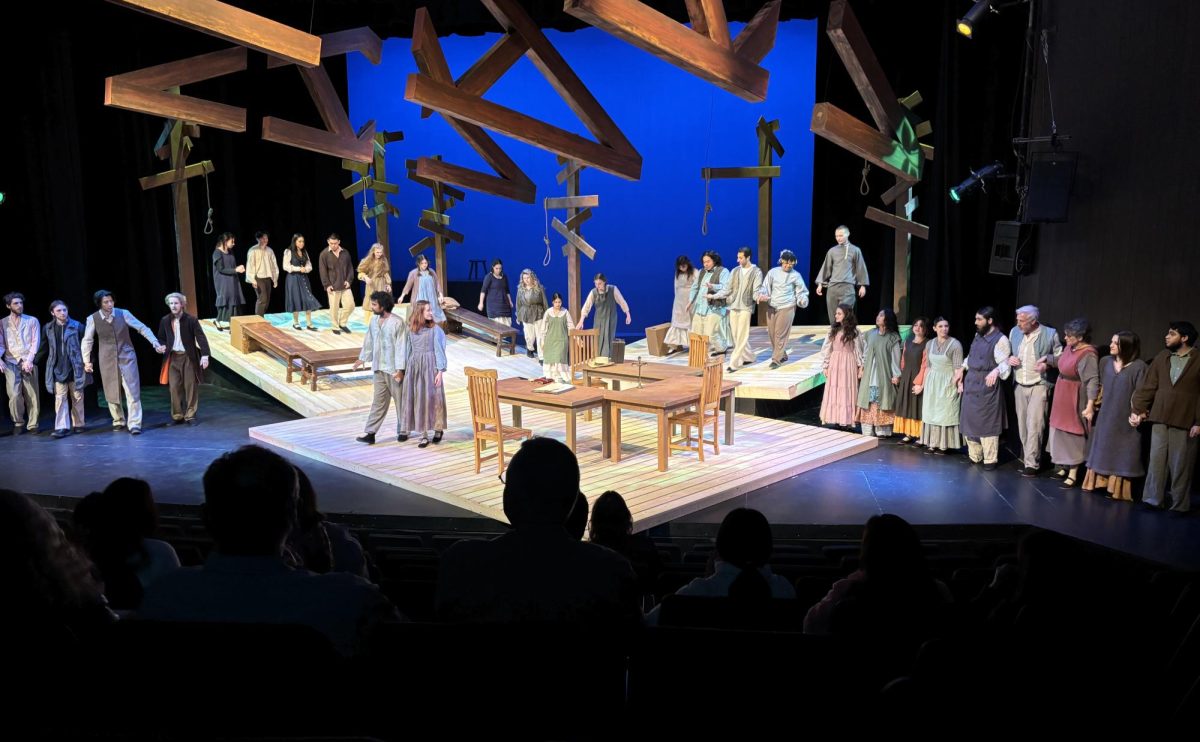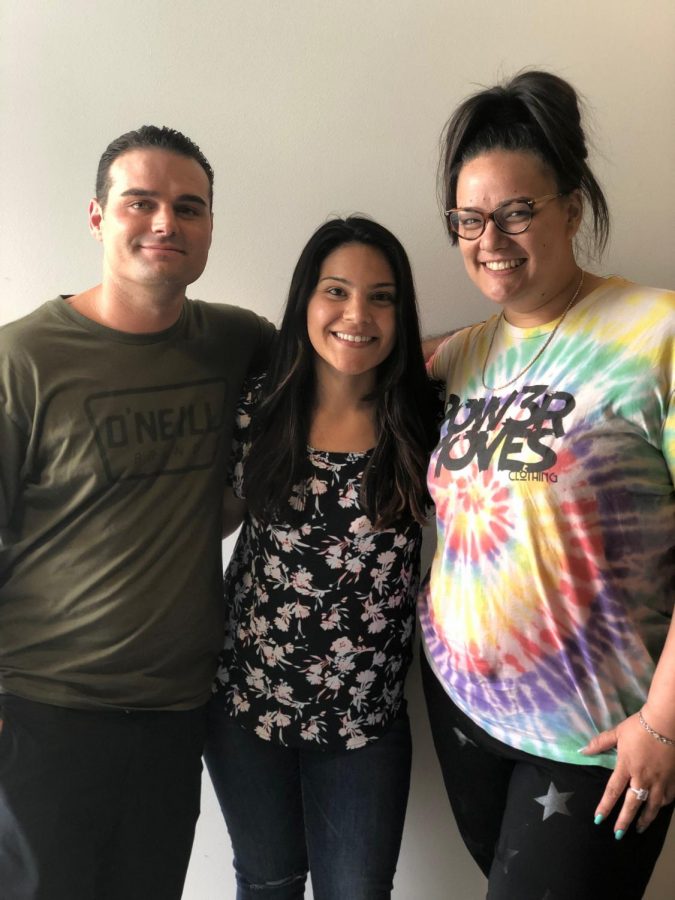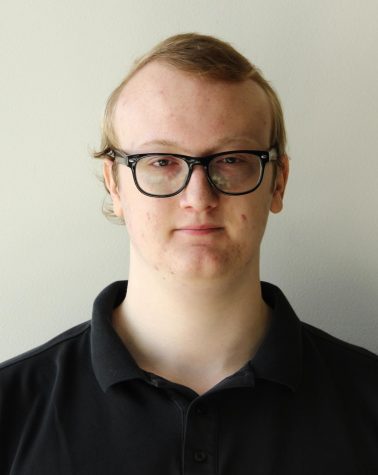Scholars for Justice Aims to help formerly incarcerated students
Daniel Nebout, Natalie Verducci, and Erica Babbel. Founding members of Scholars For Justice, April 18,2019. (Sean McKenna/The Inquirer).
April 23, 2019
Students who have been incarcerated or affected by the system may find it hard to succeed at school. In order to aid those students, Natalie Verducci, along with Daniel Nebout and Erica Babell created the Scholars for Justice club at Diablo Valley College in Fall of 2018. They meet on Tuesday’s at 10:00 am in H-107.
The club’s Executive Officer describes its purpose as a “club created for system impacted students to help with any need that might be dwelling on a students mind,” said Daniel. “We are a group of students that help each other through communication about how we are feeling and any situation that might come about during school or even outside of class.”
There are things that those affected by the prison system experience that only they can understand. The club is a place where members feel comfortable to share their story with others−in the hopes of helping themselves and those around them to succeed.
When Erica Babell, a founding member of the club returned to school in 2017 to pursue a major in social justice and sociology, she had to relinquish 75 credits in order to come back. To rebuild her education, she had to overcome many challenges, but through the club, she was able to find success inside and outside DVC.
“I have to be able to speak of my experiences in a way that empowers me and destigmatizes the stereotypes that come along with how society could have seen previous me,” said Erica. “It also empowers others to do the exact same thing.”
“We always start with a check-in, which is super important because we honestly care about, not only our own experience at school but how’s everyone else doing,” said Natalie Verducci, the club’s president.
Natalie hopes to pursue a career in counseling so she can continue to help students get through hard times after she’s graduated. She brings all the things she learns in her counseling classes into the club. For instance, she recently taught the club about having a growth mindset as opposed to a fixed mindset. She also has shown various TED talks that club members may identify with. Another more exciting activity the group did was zip-lining in Sonoma for team-building. Through these different activities, she aims to expand its members in areas not just in school but also their lives outside of class.
“We don’t really realize when we’re sitting in a classroom how many people are affected. Because if you take a look at some of our members that are not formally incarcerated, but system impacted, they come from all different backgrounds,” Natalie said. “I would want people to not feel afraid to identify as ‘Yeah, I am impacted by incarceration. I have been formerly incarcerated,’ because I think it’s a lot more common than we realize. And when we start to be transparent with our stories we’re better able to help others that have a similar story.”
One such story that Daniel shared is an example of something that formally incarcerated students may identify with strongly.
“I was in my public speaking class and [my parole officer] was parked out front of the campus saying he needed to see me and that he didn’t care if you’re I’m class,” Daniel said. Being forced to leave class and potentially miss important instruction from his professor could be quite the detractor for someone looking to succeed in class. Sharing a story such as this is a reason why the club was founded.
The difficulty of returning to school as a formerly incarcerated individual is one that the state has acknowledged.
The California Community Colleges Chancellor’s Office has begun to help formerly incarcerated students by creating the Currently and Formerly Incarcerated Students Reentry Program.
The program provides $5 million in one-time funding − to establish support programs for those students who have been incarcerated but go to community college.
“The grants will be focused on the students’ reentry into their communities in order for this underrepresented group to succeed,” The Chancellor’s office wrote an official statement. “The services will provide the foundation of the four pillars of guided pathways, which includes clear guidance that leads to the development of job skills, attainment of certificate and/or Associates degree, and/or the ability to transfer to a four-year university.”
As a final note, Natalie said, “In this day and age with mass incarceration in the United States, it’s huge and it affects a lot more lives than I think a lot of people realize, so this club is not only for formerly incarcerated people, it’s also for people that, when we say ‘system impacted’ that means maybe a family member, a loved one, someone in their community that have also been faced with the criminal justice system.”
As a result of the clubs success, many of the members are transferring to four year colleges and universities and are looking for a new group of members to carry the torch and continue the club.








































































